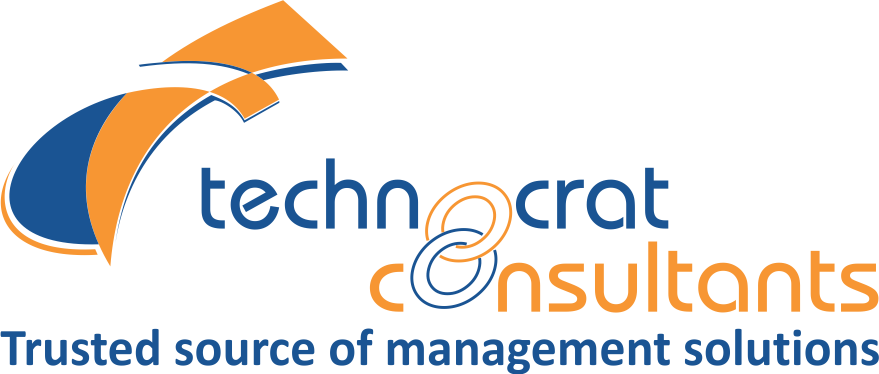ISCC is a globally applicable sustainability certification system and covers all sustainable feedstocks, including agricultural and forestry biomass, circular and bio-based materials and renewables.
Providing sustainability solutions for fully traceable and deforestation free supply chains.
ISCC EU:
ISCC EU certification provides proof of compliance with environmental, social and traceability criteria, and qualifies biofuel or biomass companies for legal recognition under the targets set by European regulations for transportation fuels. Any type of biomass-based fuel is eligible for ISCC certification.
ISSC PLUS:
ISCC PLUS is a sustainability certification program for bio-based and circular (recycled) raw materials for all markets and sectors not regulated as transportation fuels under the European Renewable Energy Directive (EU RED) or Fuel Quality Directives (FQD) which are covered under the ISCC EU certification scheme.
- Features and Benefits
- Applicability
- Consulting Methodology
ISCC’s objectives
Contributing to the implementation of environmentally, socially and economically sustainable production and use of all kinds of biomass in global supply chains.
- Implementing social and ecological sustainability criteria
- Monitoring deforestation-free supply chains
- Avoiding conversion of biodiverse grassland
- Calculating and reducing GHG emissions
- Establishing traceability in global supply chains
Principles:
Ecological sustainability
- Protection of land with high biodiversity value or high carbon stock
- Deforestation free supply chains
- Environmentally responsible production to protect soil, water and air
Social sustainability
- Safe working conditions
- Compliance with human, labour and land rights
Compliance with laws and international treaties
Good management practices
Monitoring of greenhouse gas (GHG) emissions
- Methods to calculate GHG emissions
- Monitoring of GHG reduction
- Compulsory for EU biofuels market
All relevant elements of the supply chain must obtain a certificate in order to handle sustainable materials. For final products processed from agricultural feedstocks or crop residues the first two relevant elements of the supply chain are the farm or plantation and the first gathering point, also known as country elevator. For final products derived from alternative raw materials, such as wastes or residues the first two relevant elements of the supply chain are the point of origin and the collecting point.
Key Requirements:
- Management system
- Traceability
- Mass Balance
- Physical Segregation
- Greenhouse Gas Emissions
- List of Best Practices, Nonconformities list and Measures
ISCC is a globally applicable sustainability certification system and covers all sustainable feedstocks, including agricultural and forestry biomass, circular and bio-based materials and renewables. This includes the protection of forests, high-carbon stock lands and biodiversity. Since sustainable supply chains are crucial to fight the most severe impacts of the climate crisis, the identification and reduction of GHG emissions will become increasingly important in the future. With only one audit to be conducted, companies can supply their sustainable products to brand owners.
